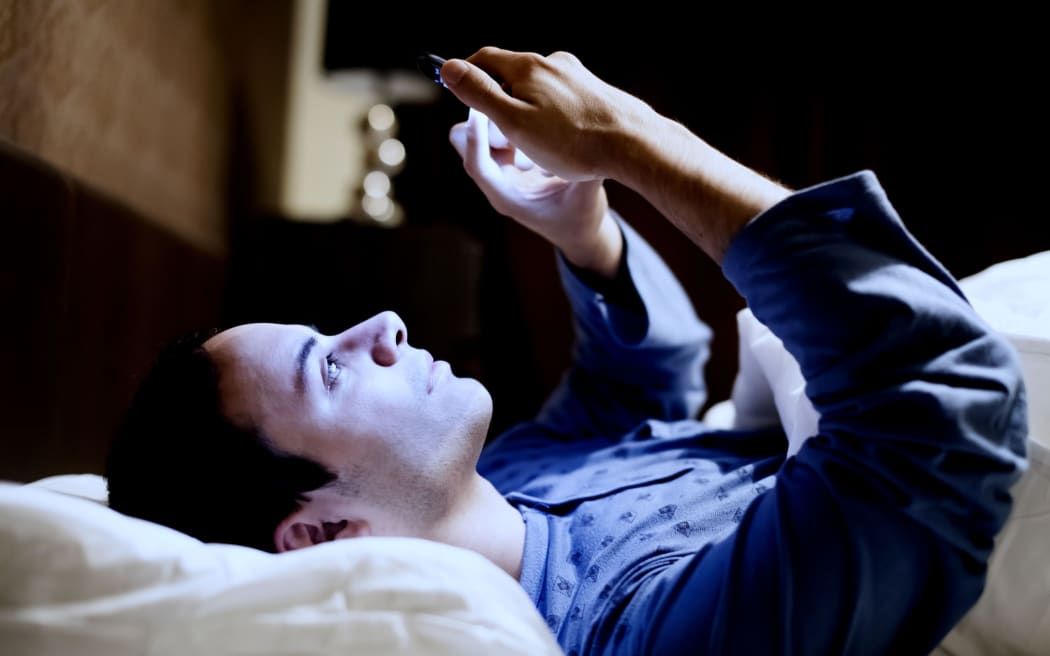A new study from Massey University needs participants who are looking to clock in a few more zzzs in their evening routine.
Researchers from Massey’s Sleep/Wake Research Centre want to uncover the factors that drive people to sleep less in the hope of finding out more about the wider health issues related to lack of sleep.

Photo: 123rf.com
Lead researcher associate professor Leigh Signal told Jesse Mulligan they’re hoping to hear from people who are regularly getting fewer than seven hours sleep a night.
The study aims to find out more about how people who sleep less by choice, and those who don’t have a choice.
There are a raft of health problems associated with not getting enough sleep, she says, with obesity being a big one.
“We know that you’re about 1.6 times more likely to be obese if you’re not getting enough sleep on a regular basis.”
Those people are also more likely to have diabetes, cardiovascular disease and have a shorter lifespan, she says.
Without enough sleep, processes in our bodies change, she says.
“We change the way that we process sugar, we change the hormones that tell us when we’re full and when we’re hungry, and we change the way our immune system functions when we don’t get enough sleep, so there’s a raft of complex consequences when we’re not getting enough sleep.”
The study will also look at social jetlag – when people change their sleeping patterns on the weekend to accommodate their social activities.
“It’s like sending yourself to Brisbane on a Friday night on a Sunday, so you’re constantly shifting your… circadian biological clock around, and you’re confusing it.”
She says science indicates there are many adverse health effects from shifting rhythms.
Regular sleep timing is very important she says – going to bed at the same time and waking up at the same time.
“The moral of the story is to try and get between seven and nine hours sleep a night if you can.”
But Signal says it’s not just about how much sleep you get at night.
“If you can get a sleep in the afternoon, and it’s not going to make it much harder to get to sleep that night, then go for it by all means.”
Anyone wanting to participate in the survey, which consists of a short online questionnaire, needs to be over 18 years of age and living in New Zealand.
You can sign up to take part through this link shortsleepers.

